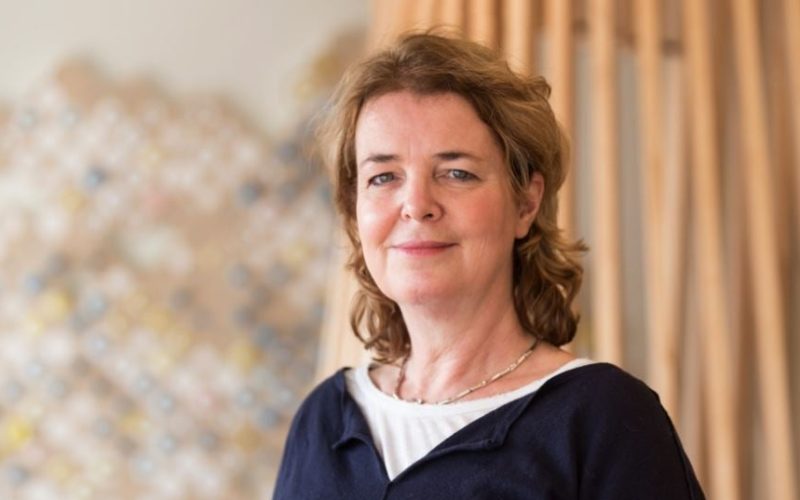Leontien Kremer, pediatrician and principal investigator at the UMC Utrecht and the Princess Máxima Center, has been appointed professor of Late Effects in Pediatric Oncology at the Faculty of Medicine of Utrecht University, starting on 1 February. The position is a major boost for research into reducing health problems linked to treatment for childhood cancers. Kremer: ‘I hope that my professorship is the first step towards a whole new generation of researchers in the field of late effects.’
The new chair is unique: it is the first for late effects in pediatric oncology. With her appointment, Leontien Kremer is given a special teaching mandate to further develop research in that area.
In the past, children were sent home after their cancer treatment: they were seen as cured. In 2001, Kremer obtained her PhD for research into heart damage in children treated with a particular type of chemotherapy. Her research found that such side-effects were relatively common: they affected around 1 in 20 children years after treatment. Since then, the focus on late effects has grown and as part of a SKION LATER collaboration, the LATER-guideline has shaped care for and the early detection of late effects. In the Máxima, survivors of childhood cancer are seen at the LATER-clinic. Here, doctors from the Máxima work closely with pediatricians from the Wilhelmina Children’s Hospital and specialists from the UMCU.
Kremer sees the combination of care and research as an opportunity: ‘Here, we can very effectively link current care for children with cancer and the knowledge of late effects. That is really my challenge for the Máxima: how do we connect the two? In this way we can make better decisions around the trade-off between survival and the likelihood of late effects.’ For example, based on research into late effects, it could be that the dose of a drug is lowered or that patients are offered a different type of radiotherapy.
An important goal of Kremer’s is to translate research findings into clinical practice. She is involved in developing international treatment guidelines for the care of childhood cancer survivors. Kremer: ‘The Netherlands is at the forefront of care for childhood cancer survivors. It is very important that we come to a global consensus about what this care should look like.’
Unusually for a center for pediatric oncology, most of the people involved in the LATER study are over 18. At the moment there are some 14,000 people in the Netherlands – children and adults – who have survived childhood cancer. Kremer’s appointment as professor of Late effects in pediatric oncology is a sign that Utrecht University sees the subject as a relevant area. Kremer: ‘My appointment is a real boost for the LATER research. I see my professorship as a first step towards a whole new generation of researchers in the field of late effects.’
Leontien Kremer’s teaching mandate at the Faculty of Medicine at Utrecht University started on 1 February 2021. Her inaugural lecture will take place at a later date. Kremer’s research takes place as a collaboration between the Princess Máxima Center and the Cancer and Child Health strategic programs at the UMC Utrecht.
